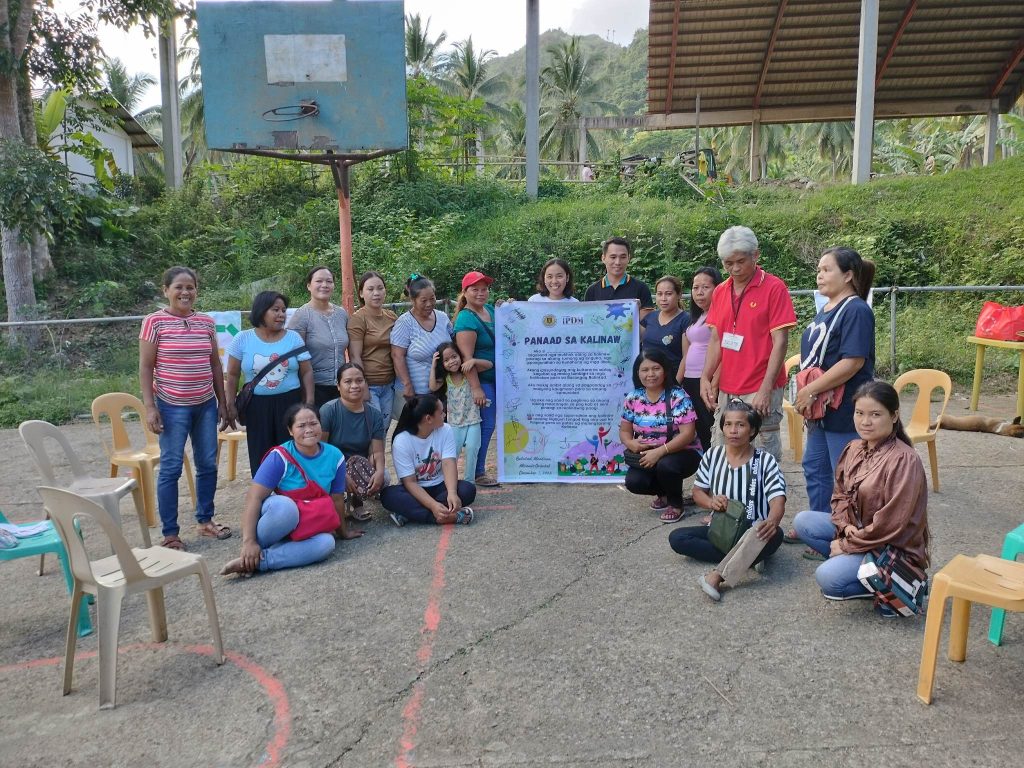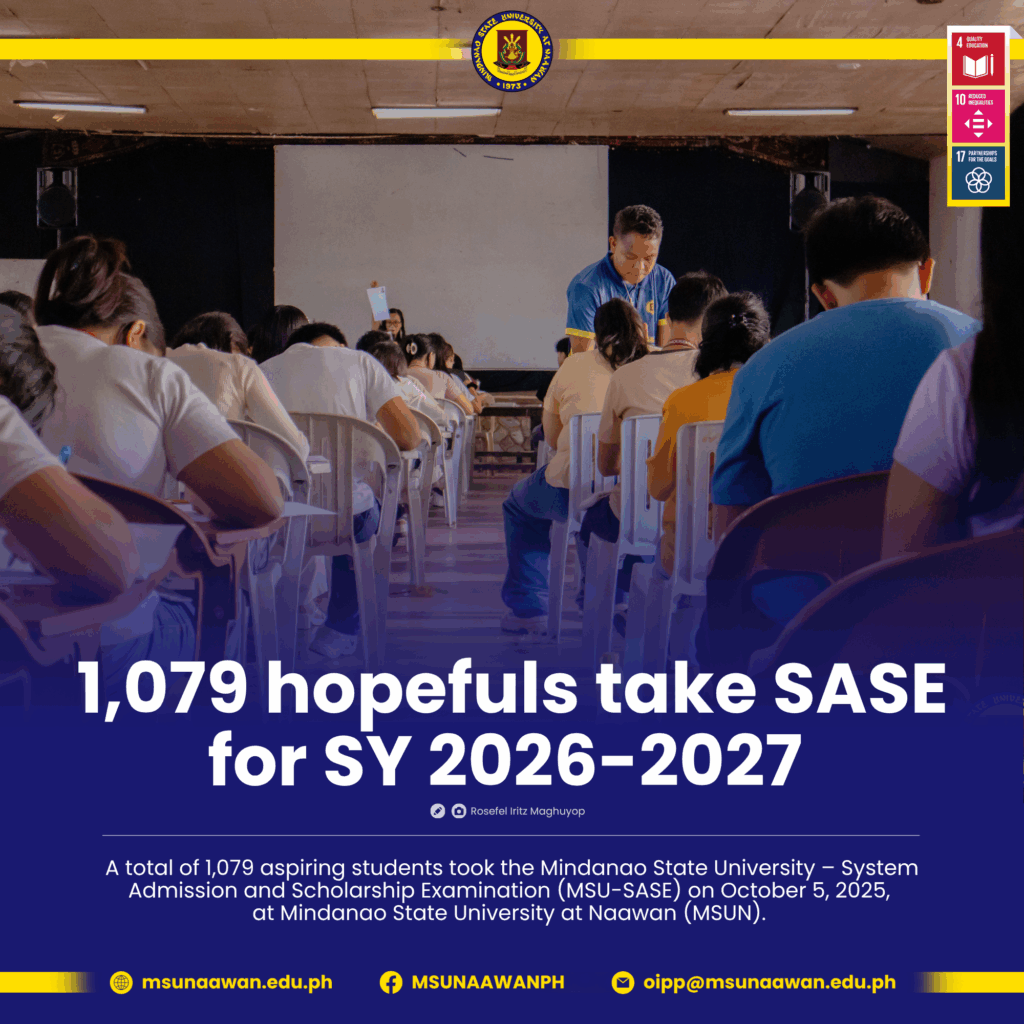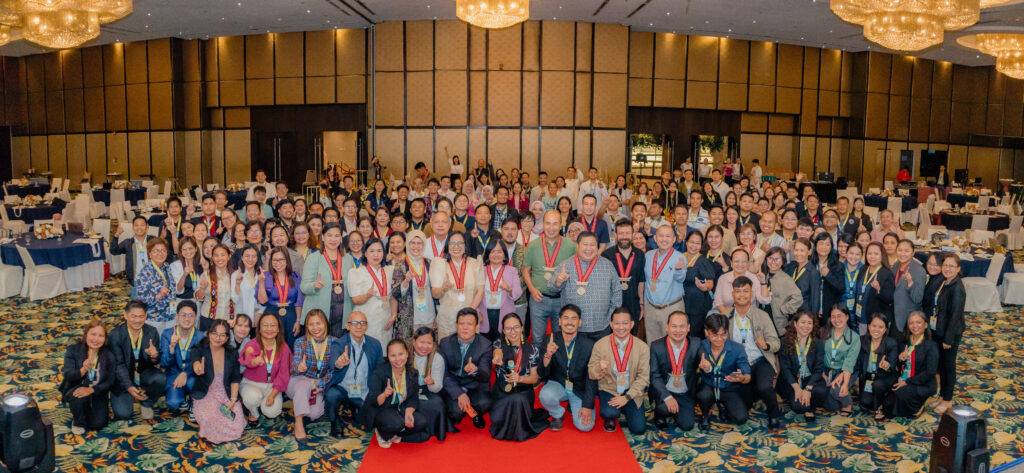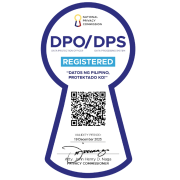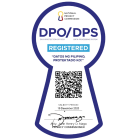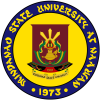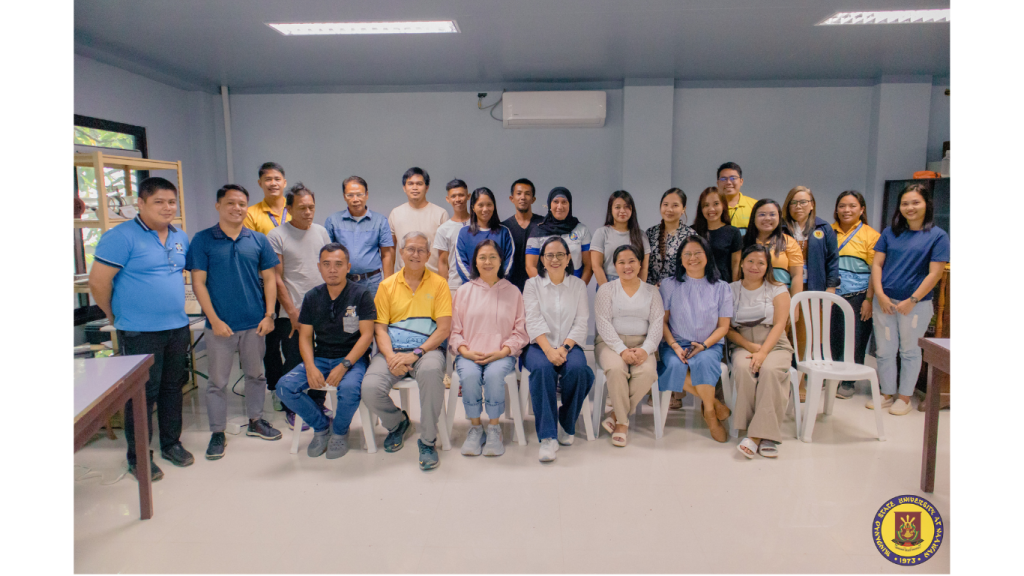
On October 29, 2024, the Extension Division of Mindanao State University at Naawan hosted a seminar on taxonomy, socioeconomics, and advancements in sea cucumber fisheries at the Sea Cucumber Museum. The event brought together experts and stakeholders to explore the potential of sea cucumber farming as a growing industry, offering valuable insights into both its economic and ecological impact.
Key presentations included Ms. Marnelle B. Sornito’s discussion on the taxonomy and identification of sea cucumber species, emphasizing those with high commercial value. This session provided participants, including fisheries technicians and members of coastal communities, with a deeper understanding of the different species of sea cucumber, critical for improving fisheries management and trade.
Dr. Elgen M. Arriesgado followed with an overview of the current state of sea cucumber fisheries in Mindanao, outlining trade dynamics and market trends. Her presentation set the stage for further discussions on the sustainable development of the industry.
Innovative approaches to hatchery production were highlighted by Mr. Jomar F. Besoña, who presented on the white-teatfish Holothuria fuscogilva, detailing new methods and protocols for hatchery production. Similarly, Ms. Hanzel M. Honghong discussed the spawning and larval rearing of sandfish Holothuria scabra, offering key insights into the early stages of sea cucumber cultivation.
Dr. Wilfredo H. Uy presented advancements in ocean nursery systems and grow-out methods, sharing innovative techniques such as sea ranching to enhance sea cucumber culture. Additionally, Ms. Darlene M. Reble discussed post-harvest techniques, emphasizing the importance of proper harvesting, processing, and marketing to ensure product quality and maximize economic returns.
The seminar also spotlighted an ongoing project spearheaded by MSU-Buug and the Bureau of Fisheries and Aquatic Resources (BFAR) Central Office. The project, which focuses on the coastal communities of Payao, aims to incentivize habitat restoration and wealth creation through sea cucumber cultivation. By providing sustainable livelihoods and contributing to marine ecosystem health, this initiative is seen as a potential game-changer for coastal development.
To support this effort, MSU-Buug has requested a seminar from MSU at Naawan to equip their team with skills in sea cucumber identification, rearing, and nursery management. The seminar was attended by participants from The Coalition of Municipal Fisherfolk Associations (COMFAS) including members from Kapunungan sa Gagmayng Mangingisda in Concepcion and Payao Fisherfolk Association, as well as faculty from MSU-Buug and personnel from the BFAR Central Office.
The collaborative approach highlighted in the seminar, which integrates scientific expertise, community engagement, and sustainable aquaculture practices, promises economic benefits for coastal communities while contributing to the conservation of sea cucumber species. This seminar marks the beginning of what could be a transformative partnership in the region, blending economic development with environmental stewardship.

